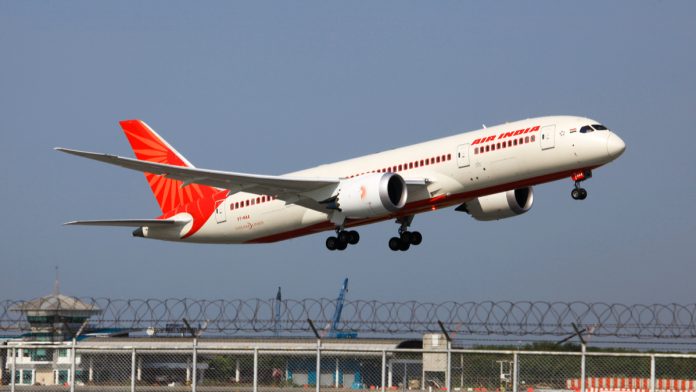- India sees record 6,977 jump in covid-19 cases
- Indian within top 10 worst coronavirus hit countries as air travel start
- US -Sino relations sour as US blacklists 33 Chinese firms
- At 11:00 UTC, USD/INR is trading -0.1% at 75.88 >> Real time exchange rates
After losing ground across the past two weeks, the Indian Rupee is advancing versus the US Dollar on Monday in subdued trading. Both the US and India are closed in observance of Eid and Memorial Day public holidays respectively.
At 11:00 UTC, USD/INR is trading -0.1% at 75.88. This is at the lower end of the daily traded range of 75.85 – 76.11. The pair closed the week 0.16% higher at 75.95. The pair has traded within a familiar range 75 -77 since the coronavirus crisis mid-March.
The Indian rupee is advancing despite coronavirus statistics in India taking a turn for the worse. Today India posted its biggest single day jump in coronavirus cases, overtaking Iran to become one of the 10 worst hit nations on the globe.
India recorded an additional 6,977 cases on Monday, taking the total to 138,845. Deaths have risen to 4000, despite some zone of India continuing in lockdown.
The increase in cases comes as the Indian government allow businesses and travel reopened amid a new phase of the national covid-19 lockdown. The easing of lockdown restrictions is good news for the Indian economy, which is expected to contract this year for the first time since 1979.
The USD is trading broadly higher versus its peers as investors seek out its safe haven properties. Rising concerns over civil liberties in ex-British colony Hong Kong and cooling US – China relations are impacting risk sentiment.
Beijing condemned the US for adding 33 companies to its blacklist on Friday, risking retaliation from China and escalating US – Chinese tensions to a new high. The US Department of Commerce’s blacklist restricts those companies to US technology.
China strongly opposed the measures and urged the US to stop interfering in internal affairs.
The move comes as frictions between the two powers were also aggravated by China formally tabling a national security law in Hong Kong and Macau, a move that President Trump warned against. Senior US officials have threatened sanctions should the bill be enacted.





